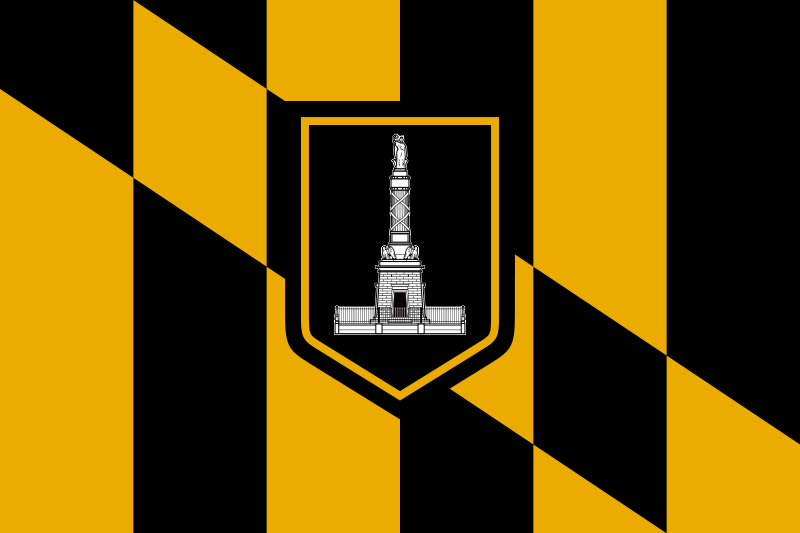Interested in Juvenile Justice Advocacy? Check out the Goings-on Inside Baltimore's Juvenile Justice Center
By: Steve Grumm
An article on the Southern Maryland Online news site offers a sort of “day in the life of the Baltimore City Juvenile Justice Center.” The piece is certainly worth a read for those interested in juvenile justice careers, whether as prosecutors, defenders, or in some other capacity. The work can be fast-paced and sometimes overwhelming, but it’s immeasurably important. 
It’s 9:30 a.m. at the Baltimore City Juvenile Justice Center, and the hallways are crowded with people. Children are crying. Attorneys are yelling out names of their clients. Teenagers are leaning against the walls, waiting for their turn in the courtroom. A woman asks if anyone has a Motrin.
They’re here for juvenile court hearings or for child welfare cases — custody hearings, foster care and abandonment issues.
…
A snapshot of a day in juvenile court may seem similar to the adult system, but a closer look reveals the differences. The adult and juvenile court systems grow out of different legal theories.
The juvenile system serves youths 18 and under with the goal of rehabilitation, not punishment. For that reason, most of the court’s terminology is different from the language in adult courts. Juveniles are “adjudicated,” not “found guilty.” They commit “delinquent acts,” not “crimes.”
The records in these cases are sealed to protect youths who may have made some immature mistakes and may never again have any legal problems.













